YouTuber Dave Cullen Argues That Superhero Films Are A Safe Space
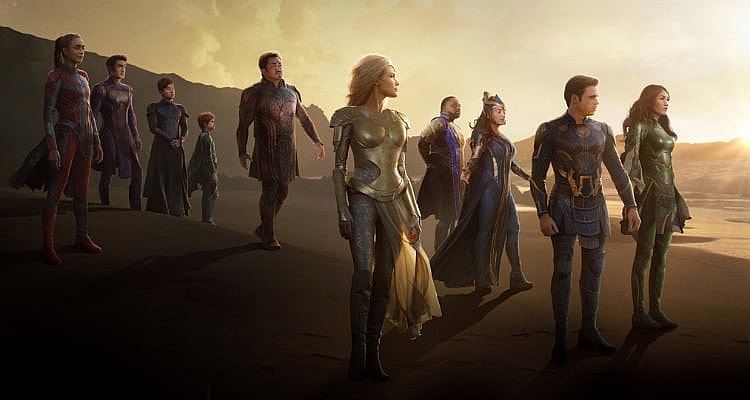
YouTuber Dave Cullen of The Dave Cullen Show argues that current superhero films and television shows are actually safe spaces where they can let out their anger on fictitious villains and evil rather than actually address real evil in the world.
Cullen expressed his opinions in a YouTube video titled “The Super Hero Film Era: How Political Dissent is Neutralised” back on September 23rd.
He begins the video stating, “It’s really astoundingly ironic that despite living at a time where we’re saturated in superhero movies our society has never been more cowardly and complaint.”
“One would have thought that with all of these aspirational and inspiring stories of heroism, self-sacrifice, and standing up to evil empires, corporations, corrupt governments, and powerful elites that the populace at large would be more rebellious and distrusting of authority,” he adds.

But it’s not just superhero films he takes issue with. He also points to dystopian science fiction entertainment, “They’ve watched dystopian sci-fi movies for years and seen brutal totalitarian regimes in action in action where the human spirit is crushed underfoot and the population is demoralized and propagandized.
“And yet most people can’t seem to see such things happening in their own day-to-day lives despite the current global situation we find ourselves living in. For years, we’ve seen predictive programming and depictions of nightmarish futures where humanity fights for its freedom and survival. ” he states.
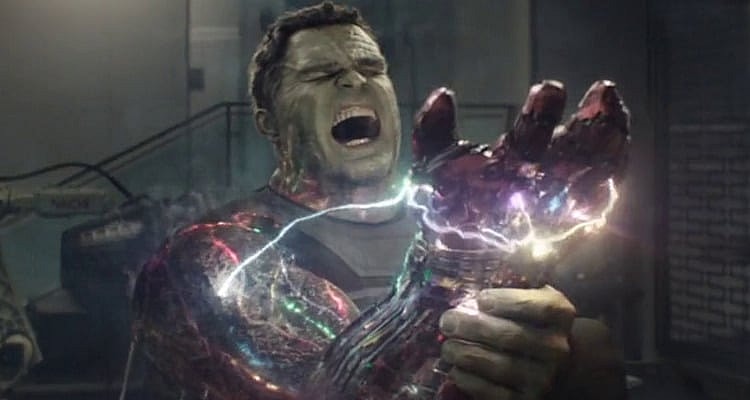
Related: Prolific Batman Writer Chuck Dixon Explains Why Politics Do Not Belong In Superhero Comics
Cullen goes on to point out a number of dystopian and science fiction films as examples.
They include Elysium starring Matt Damon, Equilibrium starring Christian Bale, Amazon’s Utopia series starring John Cusack, Children of Men starring Clive Owen, Hunger Games starring Jennifer Lawrence, and Contagion starring Matt Damon and Kate Winslet.
After listing out these films and briefly describing them he says, “Some of these films seem at least somewhat thematically relevant to where our world could be headed in the future especially given the rising totalitarianism of the past 18 months and also when considering the plans of globalists with regards to transhumanism and population control in the future.”
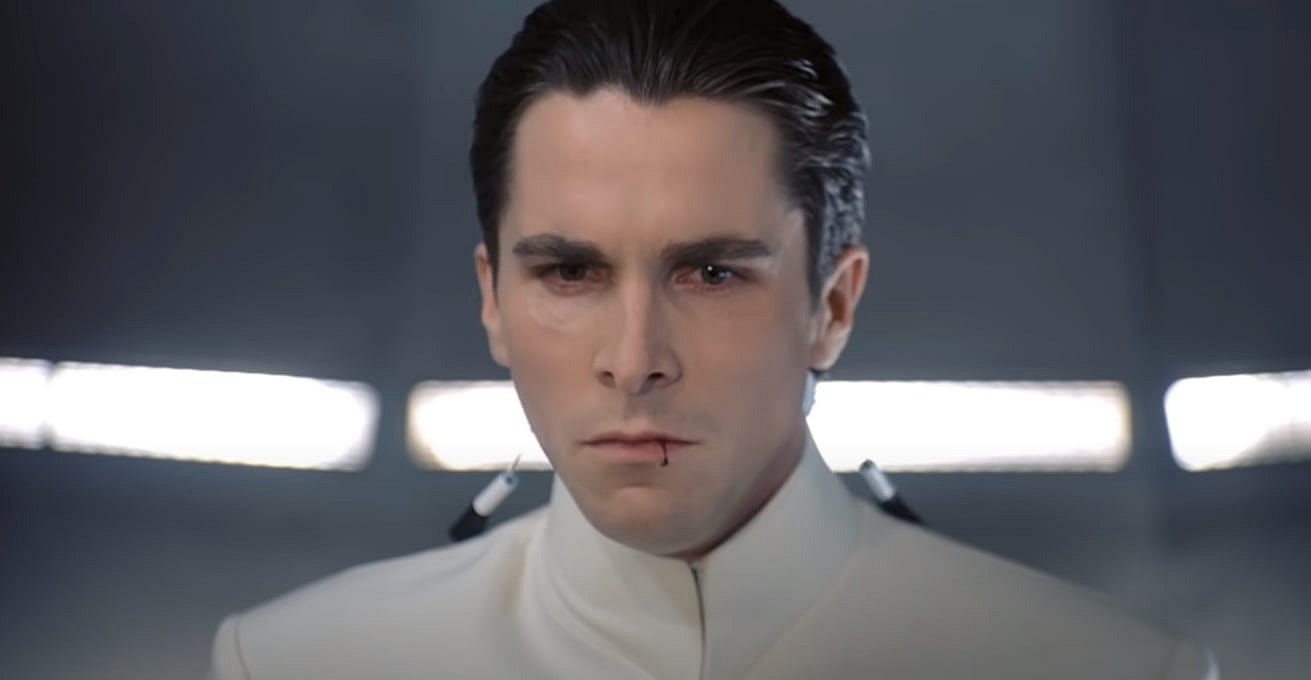
Cullen then asks, “So why is it that the general population can watch these kinds of productions that depict nightmarish dystopian futures and clearly see the tyranny of the society and the evil of the central villains all while rooting for the heroism of the protagonists and yet when the real world around them starts to increasingly take steps towards one day resembling some of these fictitious realities they don’t seem to be able to see it?”
He continues, “Is it because the films themselves have served as a form of plausible deniability? In other words people dismiss the situations in those films ever becoming a reality because the films are a work of fiction and therefore they couldn’t possibly be currently taking place in the world around them.
“Or are they predictive programming? They prime audiences for certain situations and basically prepare them to act in certain ways when those situations arise,” the YouTuber questions.
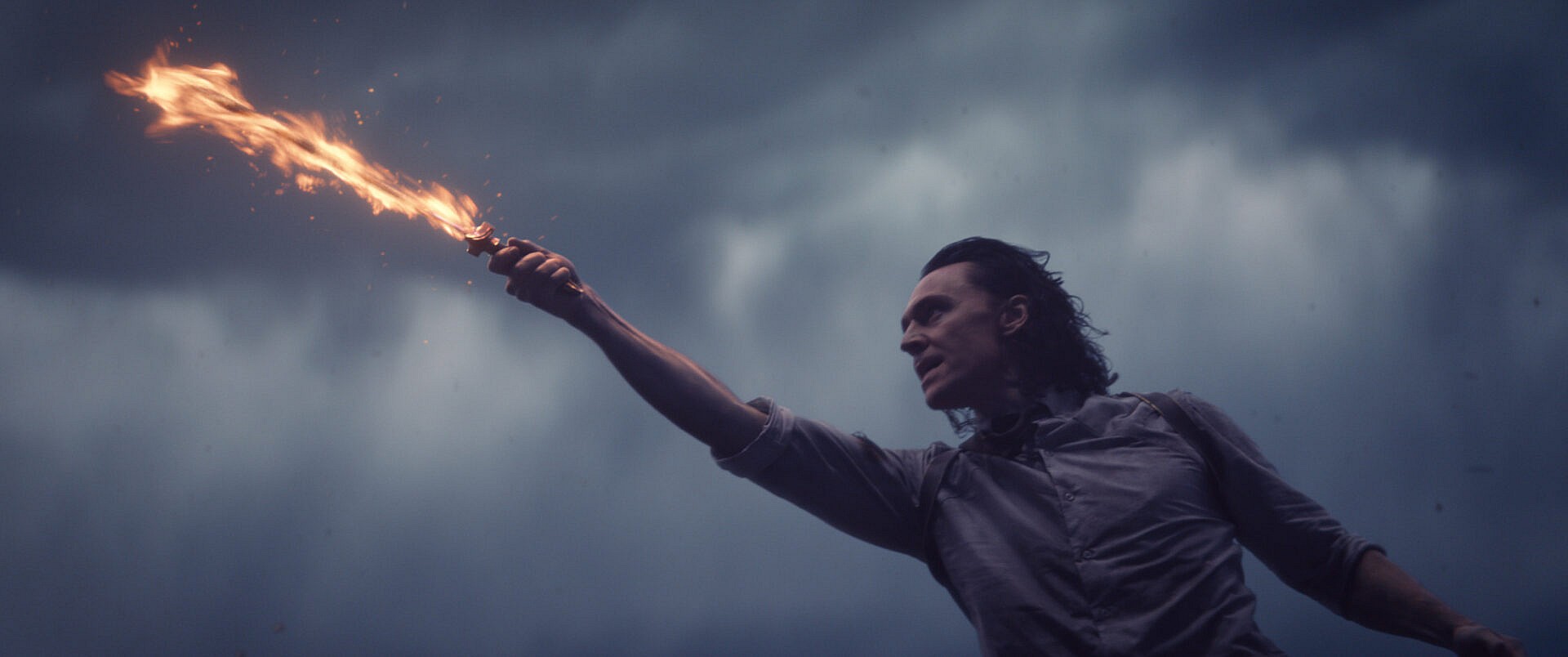
Cullen then says, “Regardless, most people identify with the hero of the story, but it seems when the tyranny arrives their own heroism is in short supply. As they become an anonymous, cowardly, and complaint background extra.”
“Perhaps some of them are quietly waiting for an actual hero to emerge. Others might live in such denial that they cannot bring themselves to admit their own cowardice, even within their own thoughts,” he states.
He elaborates, “So they deny the very nature and existence of the evil tyranny that’s going on all around them. And instead they fool themselves into believing the lie that their government really cares about them and that the manufactured crisis is legitimate. That way they don’t have to process that when the evil came to their doorstep, they weren’t as brave as they dreamed they would be.”
“They were instead submissive and docile. By willingly complying with the mass delusion they can comfort themselves in the safety of big numbers and thus reinforce the very tyranny of the majority. Everybody is a superhero in their own head after all,” he posits.
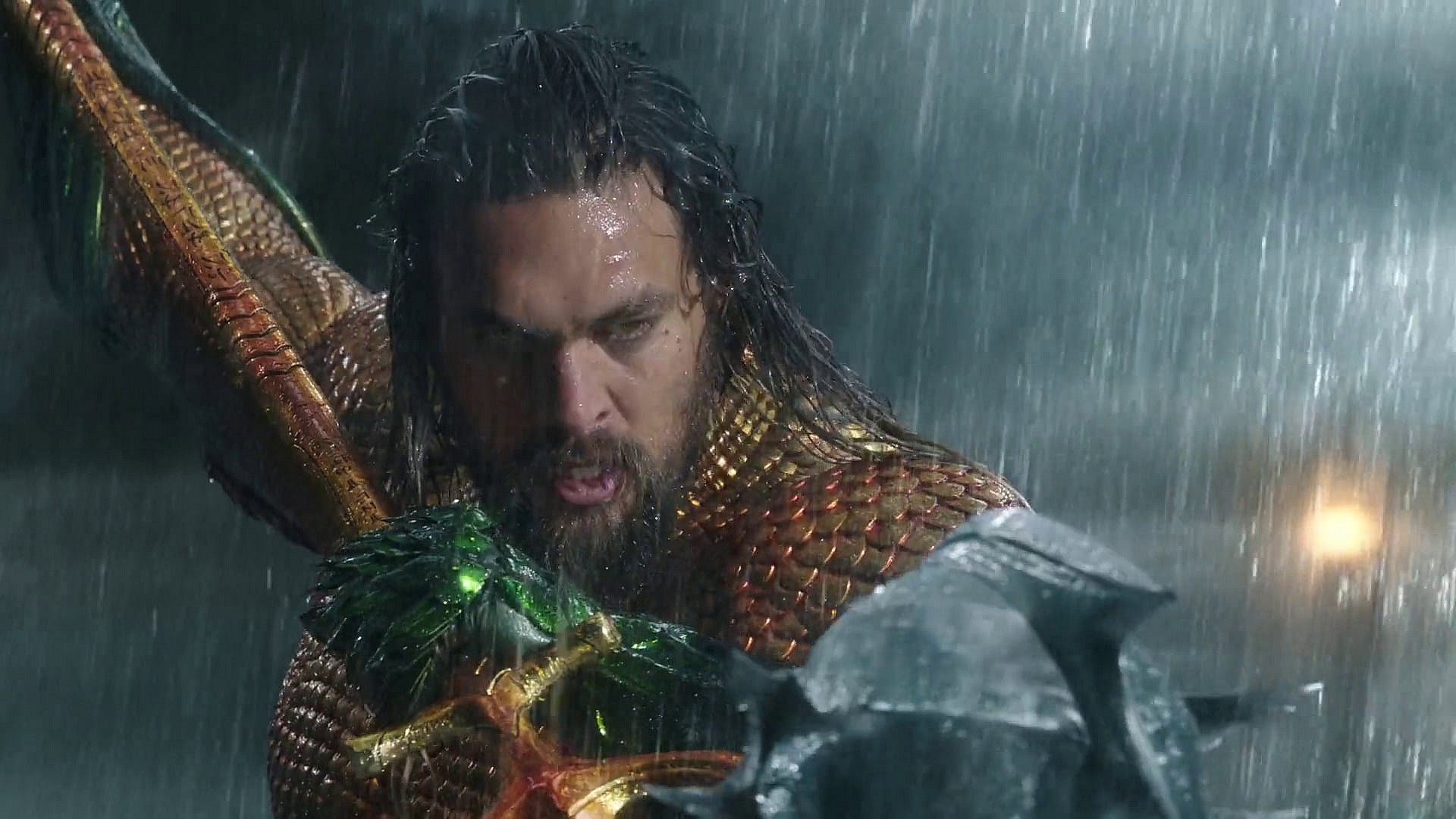
Cullen goes on to point out that this reminds him of the concept of bread and circuses. He explains, “Our cultural obsession with all codes of professional sports ball provides an outlet for what would otherwise be male tribalism and in-group preference in action. Which is to say protection of one’s tribe and homeland.”
“But the bread and circuses takes this revolutionary energy and basically depletes it, channeling it into an unproductive and wasteful exercise,” he says.
He then declares, “Ultimately, the modern bread and circuses are a distraction. They take people’s attentions and energies and redirect them from where they should be thus allowing our tyrannical governments to control the populace far more effectively. By keeping the populace docile and satiated with such frivolity it means the people are unlikely to push for any kind of meaningful political dissent, upheaval, or change.”
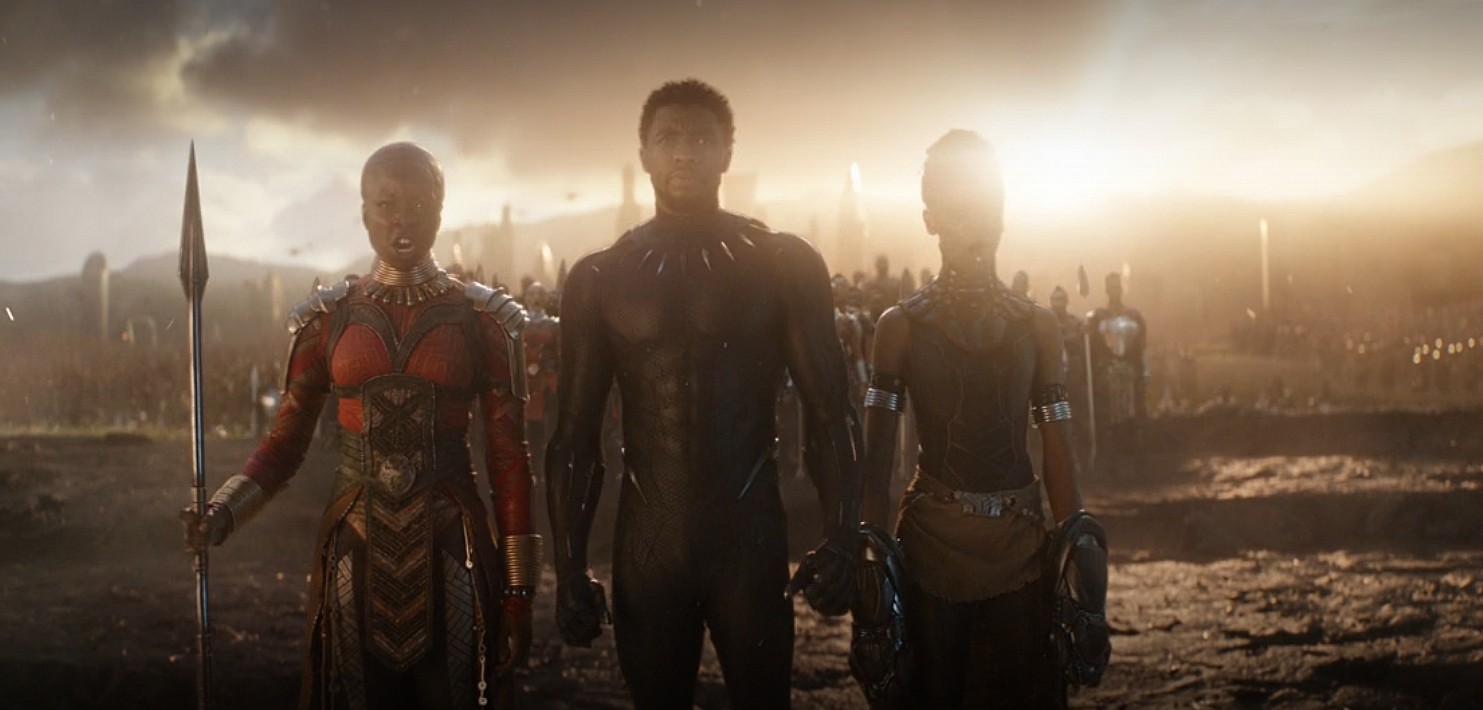
Cullen then notes this bread and circuses dynamic can also be applied to modern Hollywood entertainment.
He says, “And it appears our pop culture, entertainment crazed generation is suffering a similar malady. Hollywood and and in particular certain genres of film and television series have been successful at investing people in fictitious depictions of heroism, personal sacrifice, and standing up to authoritarian and despotism rather than championing real-world examples of this.”
He then adds, “Our society celebrates multi-millionaire actors pretending heroes or multi-millionaire athletes kicking a ball around rather than for example volunteer charity workers who feed and shelter the homeless or assist in people getting off drugs.”
“Likewise, left-wing social justice causes also enable people to feel like a virtuous revolutionary, but in fact they are providing zero legitimate political dissent and are merely serving as useful idiots, pawns for globalist goals,” Cullen emphasizes.
“It’s even more ironic that many of the same actors who play superheroes, who stand up to injustices, evil empires, and powerful villains are the ones who capitulate to social justice, political correctness, and the ideologies promoted by globalists,” he declares.

Cullen then highlights the traits of superheroes in movies that make them stand out by challenging authority, going against the grain, questioning the world around them and taking extraordinary action regardless of the cost to themselves.
He then juxtaposes this with modern society saying, “Nowadays in reality in the western world, most people have become sheep-like. Anything other than conformity is now frowned upon. Censorship is widespread and challenging and questioning authority or just using the wrong pronoun has you labeled, blackballed, and cancelled.”
He adds, “And yet most people seem okay with this or not to care all that much despite the fact that if all of this was depicted in a work of fiction like a superhero film, they would be immediately able to identify how unjust and screwed up this situation is.”

Cullen then describes these superhero films as safe spaces, “Perhaps then, finally, such superhero films merely provide a kind of safe space for the public to shake their fists at fictitious cardboard cutout depictions of evil rather than real ones. And vent their feelings in a way that doesn’t affect globalists and politicians in the real world.”
“So long as people are expressing their tribalism by obsessively cheering on their favorite football team in a stadium or on their couch or supporting a fictitious superhero in a film or tv show, their potential political dissent is sufficiently neutralized. Such that they are much less likely to get up off their couch and take direct political action in the real world in a way that would be genuinely beneficial for their own lives and for their communities,” he concludes.
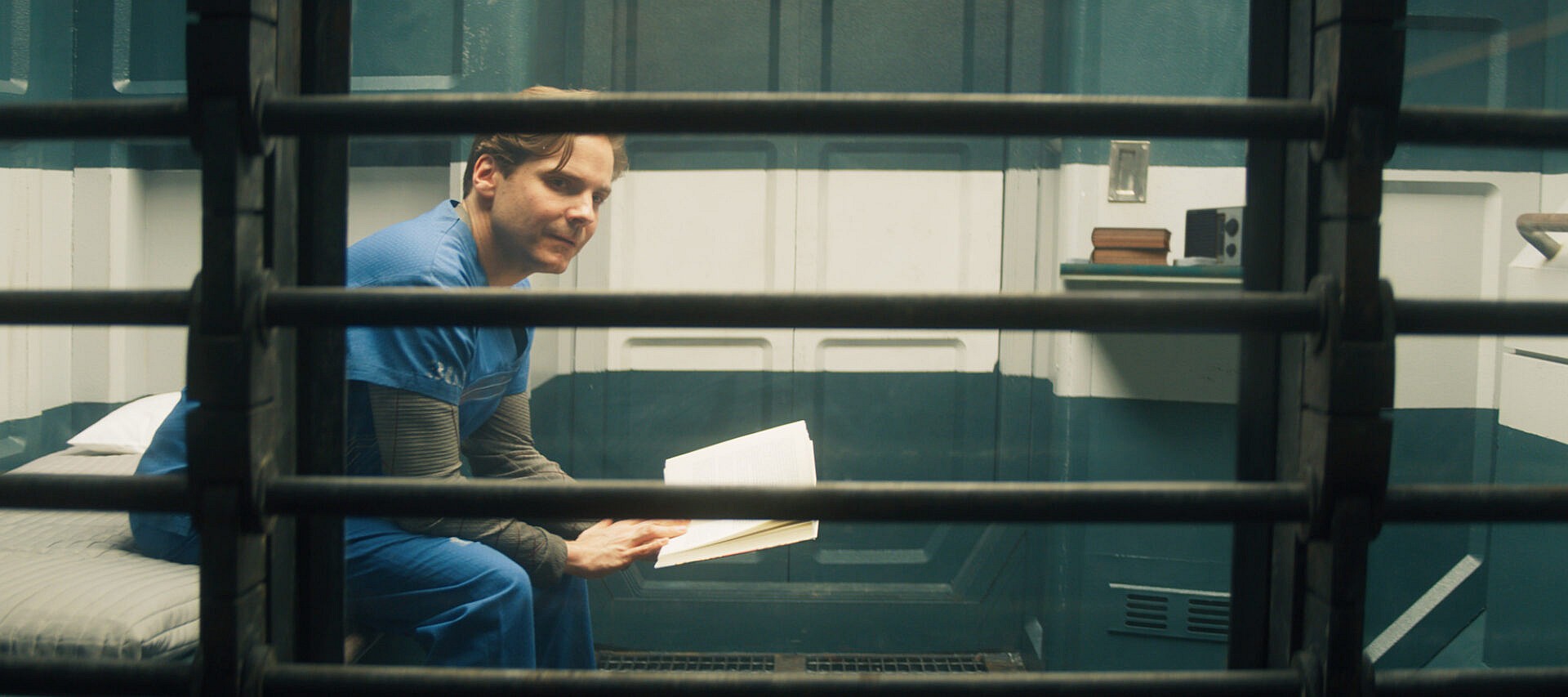
What Cullen hints at, but doesn’t specifically state is that not only are superhero films and TV shows a kind of safe space, but they could also be used as their own virtue signal. You can support superhero films and the virtues the heroes have, but at the same time you don’t actually practice the some virtues or emulate the heroes in your life. Instead you might do the opposite and actually implement tyrannical measures as the world is seeing happening across the Western World.
But not only can superhero films and TV shows be used as a virtue signal they can also be warped to try and push unjust and evil ideas. In fact, we see are seeing that happen quite often in both Marvel and DC Comics as they push radical and evil gender ideology in their comics. In Marvel’s case they are doing it in their upcoming Eternals film. DC is doing it in their animated Harley Quinn series.
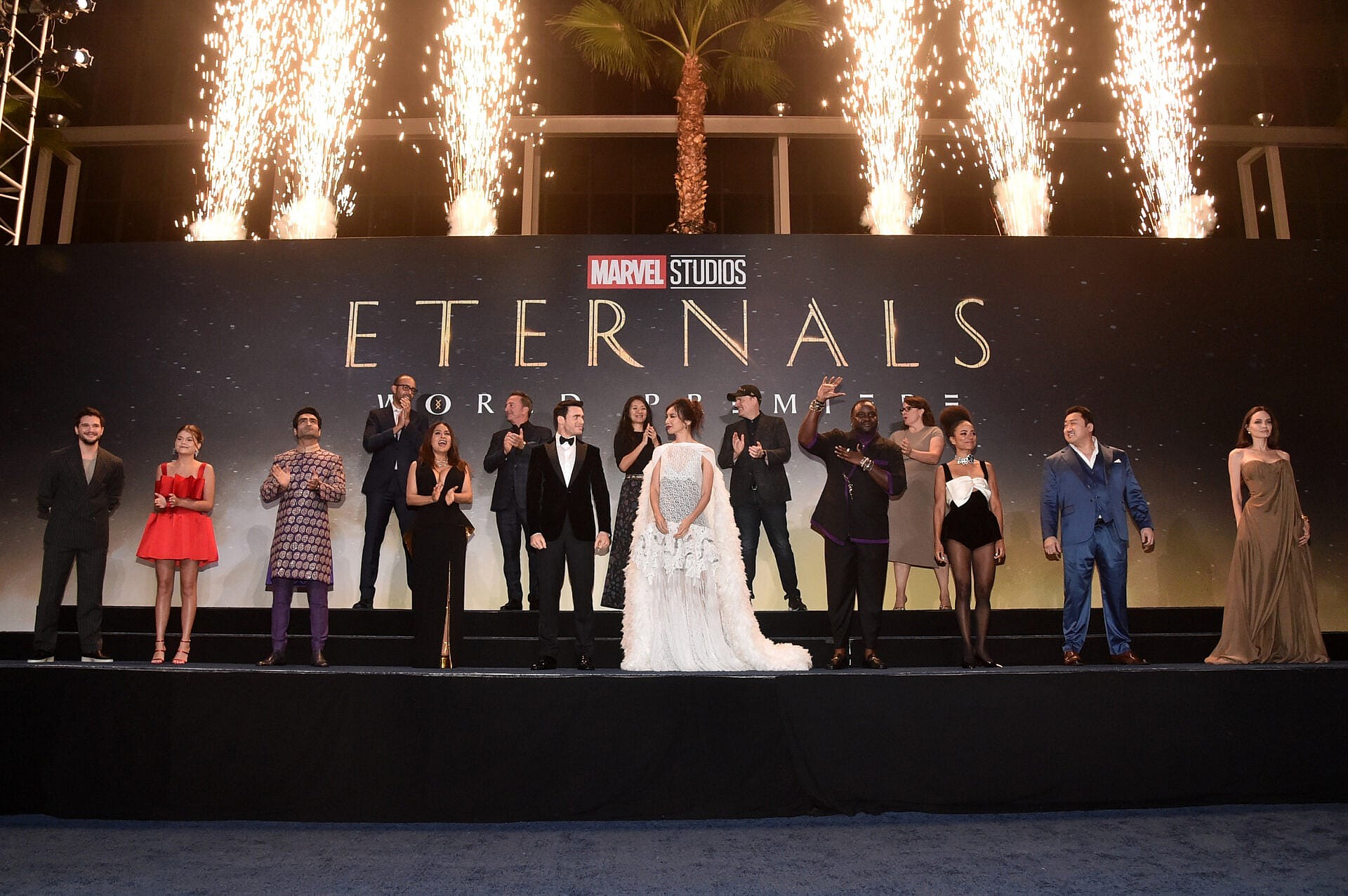
Just as they are trying to warp what is true and false with their evil gender ideology, they are also trying to warp justice. In Marvel’s most recent WandaVision series, Wanda Maximoff enslaves an entire town. Not only does she physically enslave them, but she mentally enslaves them too. What’s her punishment? Nothing. She apologizes, acknowledging her actions are wrong, but she flees law enforcement.
In fact, Monica Rambeau tells Wanda, “They’ll never know what you sacrificed for them.” Wanda responds, “It wouldn’t change how they see me. And you? You don’t hate me?”
Monica replies, “Given the chance and given your power, I’d bring my mom back. I know I would.”
That’s right, Monica is actually justifying Wanda’s enslavement of an entire town because she magicked up a family and then in order to free the people from their enslavement she also had to say goodbye to the delusion she manifested in reality.

So while, as Cullen argues superhero films and TVs can be used as safe spaces to neutralize political dissent, they can also be used as political propaganda tools to bolster support for evil and tyrannical actions by actively promoting evil ideologies and warping what is right and wrong and even what is just.
On the flip side, superhero films and TV shows can also be recreational entertainment, but as Cullen notes our society does have an obsession with them indicating they aren’t really seen as just recreational entertainment now.
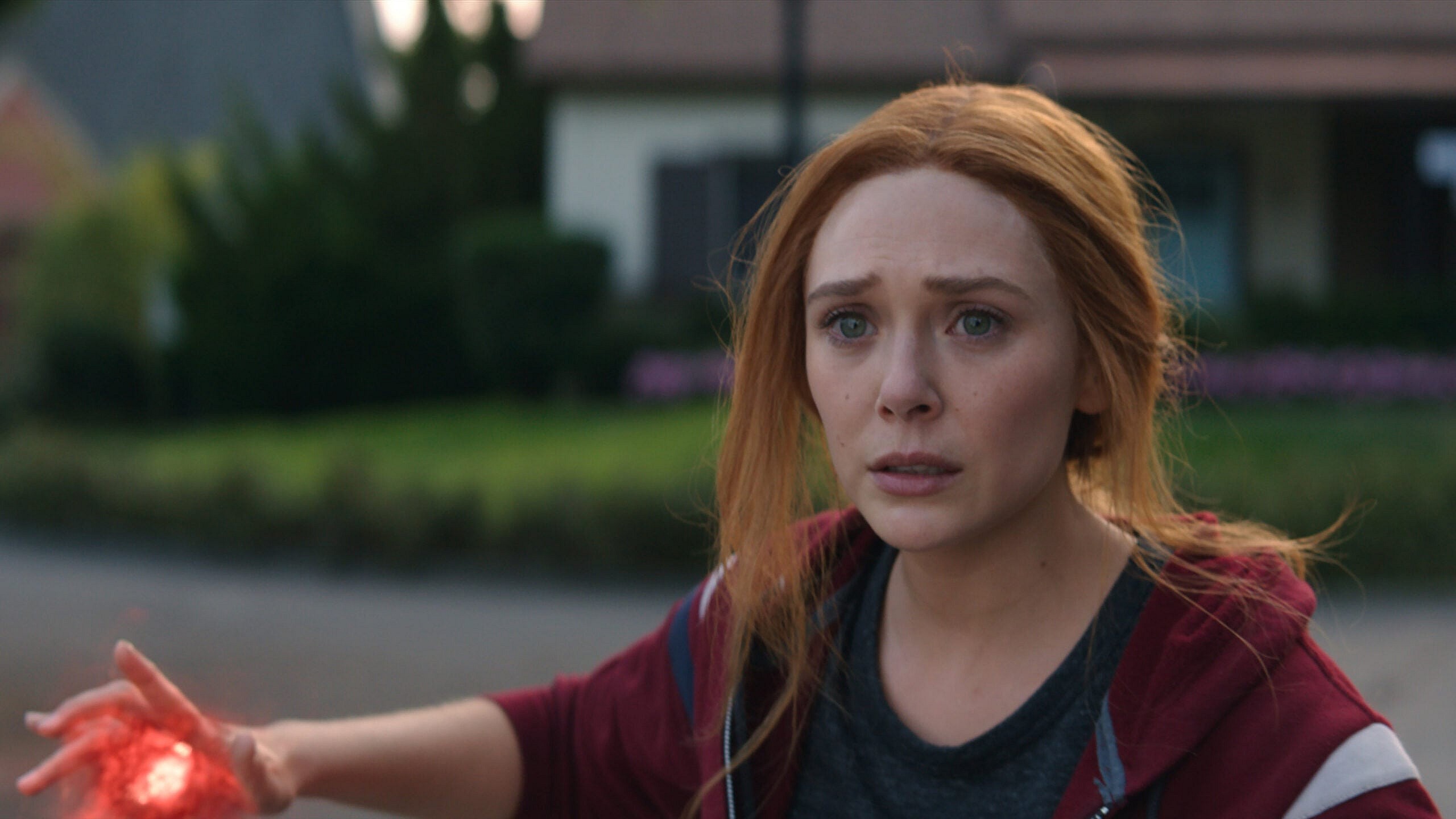
What do you make of Cullen’s arguments? Do you think superhero films and TV shows are safe spaces?
